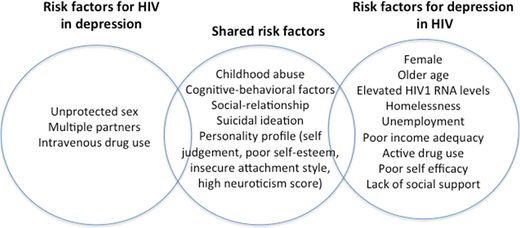


#Personal construct therapy for hiv seropositive patients trial#
Using data from two ongoing trials of social and behavioral aspects of HIV treatment, we examined preliminary support for hypothesized clinical outcomes and antecedents of HCE in the context of HIV treatment.Methods: This was a cross-sectional analysis of 12-month data from study 1 (a longitudinal cohort study of male couples in which one or both partners are HIV-seropositive and taking HIV medications) and 6-month data from study 2, a randomized controlled trial of HIV-seropositive persons not on antiretroviral therapy at baseline despite meeting guidelines for treatment. The purpose of this paper is to explore whether a new measure of HCE offers direction for understanding patient engagement in HIV medical care. We examined the hypothesized antecedents and clinical outcomes of this model using data from ongoing human immunodeficiency virus (HIV)-related research.

Mallory O Johnson, Jeanne M Sevelius, Samantha E Dilworth, Parya Saberi, Torsten B NeilandsDepartment of Medicine, University of California, San Francisco, CA, USABackground: The Model of Health Care Empowerment (HCE) defines HCE as the process and state of being engaged, informed, collaborative, committed, and tolerant of uncertainty regarding health care.


 0 kommentar(er)
0 kommentar(er)
